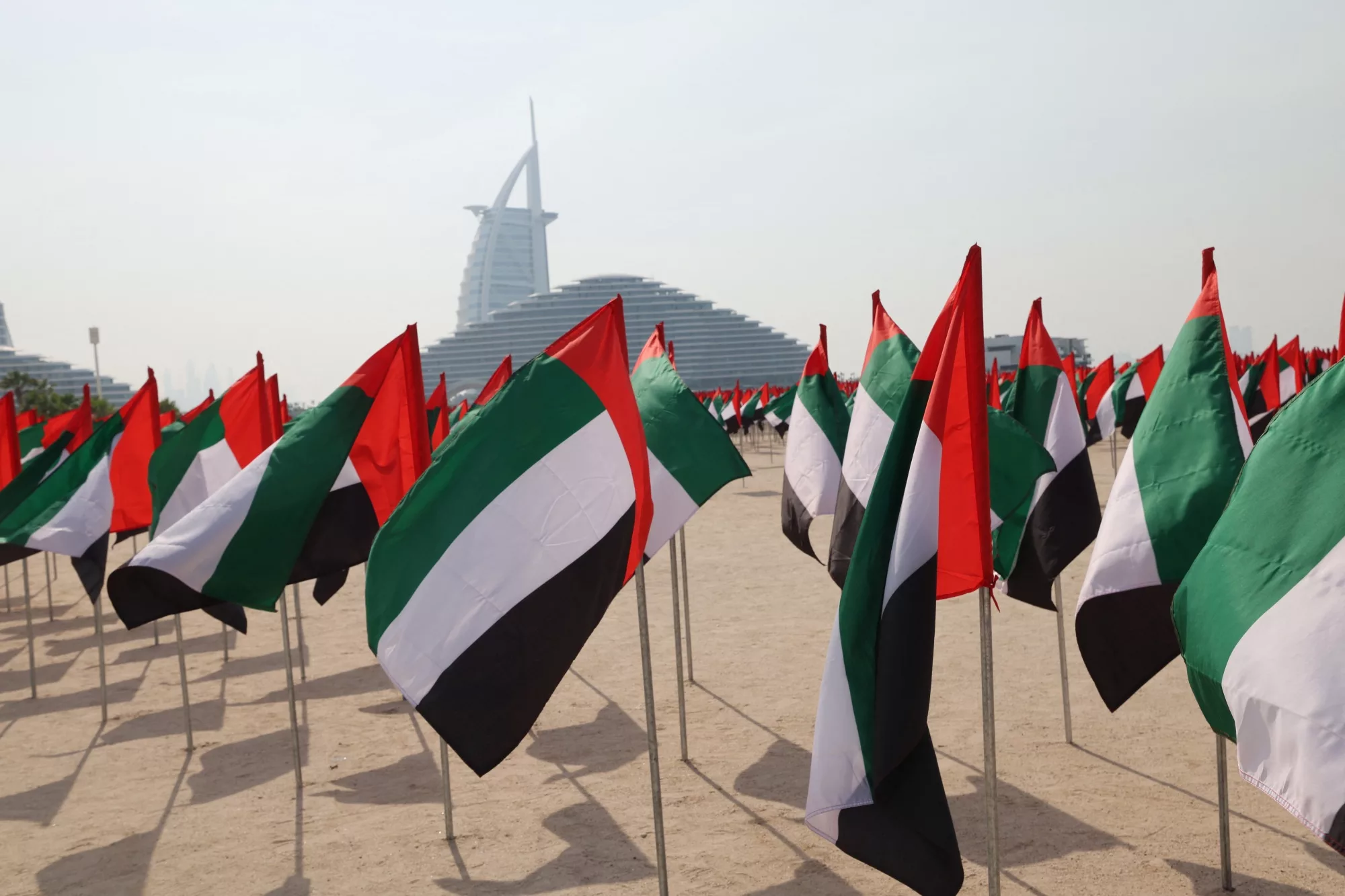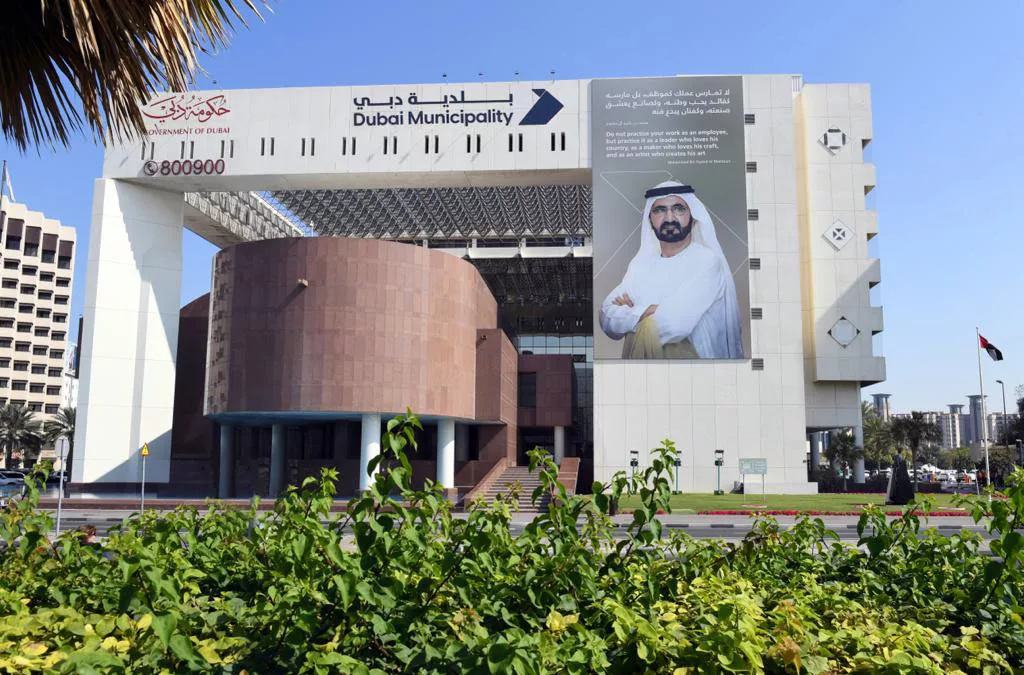The United Arab Emirates, renowned for its dynamic financial hub Dubai, has recently achieved a significant milestone by being removed from a prominent global watchdog’s list that identifies countries susceptible to financial crimes. This development is considered a substantial victory for the UAE, potentially enhancing its global reputation.
The Financial Action Task Force (FATF), an influential organization comprising nations from the United States to China dedicated to combating financial crimes, announced on Friday that the UAE is no longer on its ‘grey list.’ This list comprises approximately two dozen countries deemed at risk for financial misdeeds.
Previously, in 2022, the UAE came under intensified scrutiny by the FATF, which pointed out the potential risks associated with money laundering and terrorist financing in sectors like banking, as well as trades involving precious metals, stones, and real estate. The decision to delist the UAE marks a significant turn for the country, which has evolved from a regional center for pearl and fish trading into one of the globe’s most affluent nations, following the discovery of oil in Abu Dhabi during the late 1950s.
Elevating the nation’s status and extricating it from the grey list became a top priority for the UAE, leading to enhanced anti-money laundering initiatives driven by the Minister of Foreign Affairs, who is also the brother of President Mohamed bin Zayed Al Nahyan. According to John Kartonchik, a director at the UAE think tank Re/think, this removal from the list is likely to boost investor confidence and attract more international capital.
Banks, in particular, stand to benefit as they may reduce the costs associated with serving affluent clients within the UAE, noted a senior banker who preferred to remain anonymous.
Despite its previous grey-list status, the UAE has continued to draw global wealth, becoming a favored destination for cryptocurrency enterprises and Russian individuals amid the conflict with Ukraine. Dubai’s high-end real estate market only lagged behind major cities like New York, Los Angeles, and London in 2022, as reported by Knight Frank, a property consultancy firm. Furthermore, the UAE recently surpassed Belgium to become the leading global center for rough diamond trading.
However, this delisting contrasts with assessments by European entities. The European Union still classifies the UAE as a high-risk jurisdiction for money laundering and terrorist financing, alongside countries like South Africa, North Korea, and Afghanistan. The European Securities and Markets Authority (ESMA) even prohibited European banks and other institutions from clearing trades with the Dubai Commodities Clearing Corporation last year.
Critics like Markus Meinzer, the director of policy at the Tax Justice Network, argue that the FATF’s decision to remove the UAE from the list underscores the inefficacy of such listings, pointing out the opacity of the decision-making process and the ease with which countries can comply with rules without substantial changes.
Despite these critiques, experts like Jonny Bell, director of financial crime compliance and payments at LexisNexis Risk Solutions, anticipate that the UAE will persist in enhancing its regulations against money laundering and terrorism financing. As Gulf states vie to diversify their economies beyond oil, focusing on sectors like financial services, trade, logistics, and tourism, attracting foreign investment remains crucial. The UAE’s efforts have included ramping up financial investigations and prosecutions, expanding international cooperation, and ensuring that regulations concerning virtual assets align with global standards.










